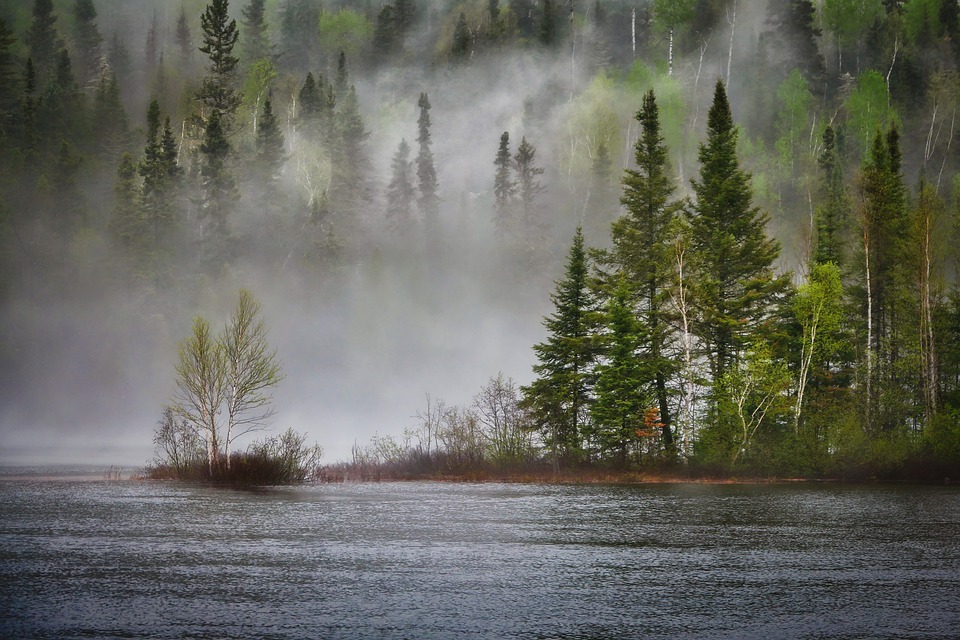What Is The Climate Like In Pennsylvania
Introduction
Pennsylvania, located in the Northeastern United States, is a state characterized by its diverse geography and climate. Bordered by New York to the north, New Jersey to the east, and Ohio to the west, it features a mix of urban areas, agricultural land, and mountainous regions. The climate plays a crucial role in shaping Pennsylvania’s environment and economy, influencing everything from agriculture to tourism.
General Climate Characteristics
Pennsylvania’s climate is primarily classified as humid continental, with variations across different regions:
– Southeastern Pennsylvania: This area experiences a humid subtropical climate with milder winters and hot, humid summers.
– Central and Western Pennsylvania: These regions have a more severe continental climate, marked by colder winters and warmer summers.
The average annual temperature ranges from about 28°F (-2°C) in January to approximately 70°F (21°C) in July. The growing season varies significantly, lasting nearly 200 days in the southeast and dropping to about 90 days in the north-central part of the state[1][3][6].
Seasonal Variations
Pennsylvania experiences four distinct seasons:
– Winter: Characterized by cold temperatures, often below freezing, with significant snowfall especially in the western mountainous areas. Average temperatures can range from 20°F to 40°F (-6°C to 4°C).
– Spring: Mild temperatures emerge, typically ranging from 40°F to 70°F (4°C to 21°C). This season sees increased precipitation as winter snow melts.
– Summer: Hot and humid conditions dominate, with temperatures often reaching the mid-to-high 80s°F (around 29-32°C). Humidity levels can be particularly high in the eastern parts due to proximity to the Atlantic Ocean.
– Fall: Cool temperatures return, with averages between 50°F and 70°F (10°C to 21°C). This season is noted for its colorful foliage and moderate weather conditions[2][5][6].
Precipitation Patterns
Pennsylvania receives abundant precipitation throughout the year, averaging about 40 inches (1,000 mm) annually. Rainfall is fairly evenly distributed but peaks during summer months. Snowfall varies widely; western Pennsylvania can receive over 100 inches annually due to lake-effect snow from Lake Erie. The state has also seen an increase in extreme precipitation events, contributing to flooding risks[1][3][4].
Climate Influences
Several geographic factors influence Pennsylvania’s climate:
– Appalachian Mountains: These mountains create distinct climatic zones within the state, affecting temperature and precipitation patterns.
– Proximity to Water Bodies: The Atlantic Ocean moderates temperatures in southeastern Pennsylvania while Lake Erie influences weather patterns in the northwest.
The prevailing westerly winds bring air masses from the interior of North America, which can lead to significant temperature fluctuations[1][2][3].
Impact on Agriculture
Pennsylvania’s climate significantly influences its agricultural practices:
– Key Crops: Corn and soybeans are predominant crops, along with apples and other fruits. The length of the growing season affects crop selection and yields.
– Adaptations: Farmers are increasingly adapting their practices due to changing climate conditions. For example, warmer temperatures may allow for dual cropping seasons but also pose risks like early frosts or droughts[7][8].
Climate Challenges
Residents of Pennsylvania face various climate-related challenges:
– Extreme Weather Events: Flooding, heat waves, and severe storms are becoming more frequent due to climate change.
– Agricultural Risks: Farmers must contend with unpredictable weather patterns that can disrupt planting and harvest schedules. This includes managing risks associated with droughts and excess moisture[4][7][8].
Conclusion
In summary, Pennsylvania’s climate is characterized by significant seasonal variations influenced by its diverse geography. The state’s weather patterns impact not only its natural environment but also its economy—particularly agriculture. As climate change continues to alter these patterns, both residents and farmers must adapt to ensure sustainability.
FAQs
– What is the average temperature in Pennsylvania throughout the year?
Average temperatures range from about 28°F (-2°C) in January to approximately 70°F (21°C) in July.
– How does Pennsylvania’s climate compare to neighboring states?
Pennsylvania generally has a more humid continental climate compared to some neighboring states like Ohio or West Virginia, particularly in its eastern regions.
– What types of crops are commonly grown in Pennsylvania due to its climate?
Key crops include corn, soybeans, apples, and various fruits that thrive in its varying climates.
– What are the common weather patterns in Pennsylvania during each season?
Winters are cold with snow; springs are mild with increased rainfall; summers are hot and humid; falls are cool with colorful foliage.
– How do climate-related challenges affect daily life in Pennsylvania?
Increasingly unpredictable weather patterns impact agriculture schedules and can lead to infrastructure challenges due to flooding or heat waves.

Kyle Whyte is a notable scholar and professor at the University of Michigan, holding positions such as the George Willis Pack Professor in the School for Environment and Sustainability and Professor of Philosophy. Specializing in environmental justice, his work critically examines climate policy and Indigenous peoples’ ethics, emphasizing the nexus between cooperative scientific endeavors and Indigenous justice. As an enrolled Citizen Potawatomi Nation member, he brings a vital perspective to his roles as a U.S. Science Envoy and member of the White House Environmental Justice Advisory Council. His influential research is supported by various prestigious organizations including the National Science Foundation, and disseminated through publications in high-impact journals. Kyle actively contributes to global Indigenous research methodologies and education, with affiliations to numerous institutes and societies dedicated to traditional knowledge and sustainability. Recognized for his academic and community engagement, Kyle has earned multiple awards and served in various visiting professorships. His efforts extend to leadership positions on boards and committees focused on environmental justice nationwide.
